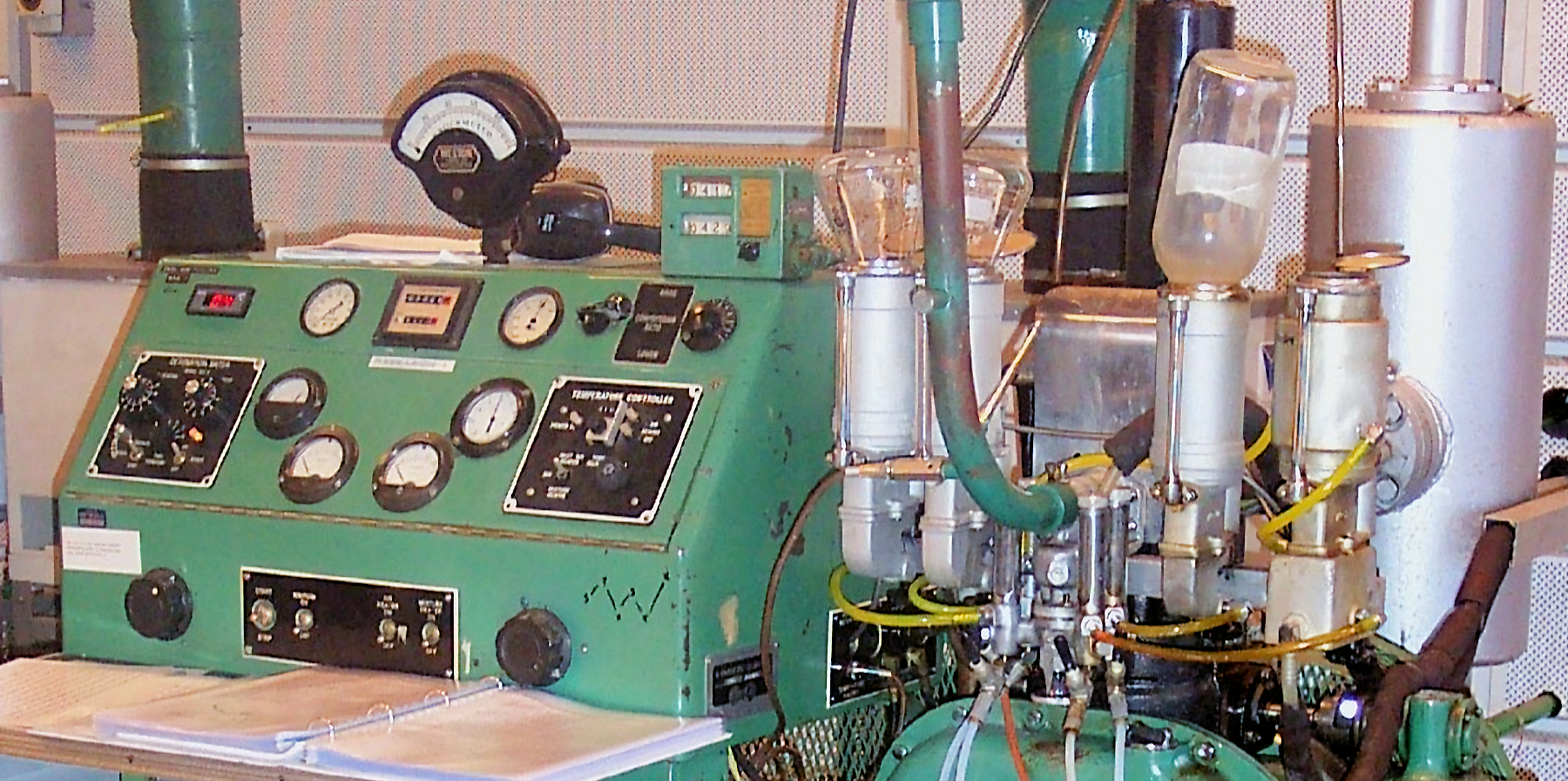
The rapid, uncontrolled combustion of motor gasoline, known as 'knocking,' can cause significant engine damage and lead to mechanical failure
Did you know….?? Gasoline
Gasoline: did you know….?? Gasoline should evaporate as to mix with the incoming air to be combusted in a gasoline engine. However: during the compression of the gasoline/air mixture the pressure and temperature will rise, becoming severe enough to create a risk of ‘spontaneous ignition’ or: knocking!
Motor gasoline can knock causing failures
Knocking, or pinking, of gasoline is an undesirable condition as this leads to even higher pressure and temperature, possibly above the engine design criteria, and eventually may cause mechanical damage such as piston failure.
RON and MON, laboratory engine tests
Obviously, this knocking situation should to prevented at all time, and for this reason the antiknock quality parameter has been introduced we know better as the octane number. In fact, two octane number engine tests are conducted in the laboratory; the research octane number (RON) and the motor octane number (MON). The MON is at best similar, but usually lower than the RON. The difference in RON/MON depends on the blend composition of the gasoline and is typically between 7 and 12 points.